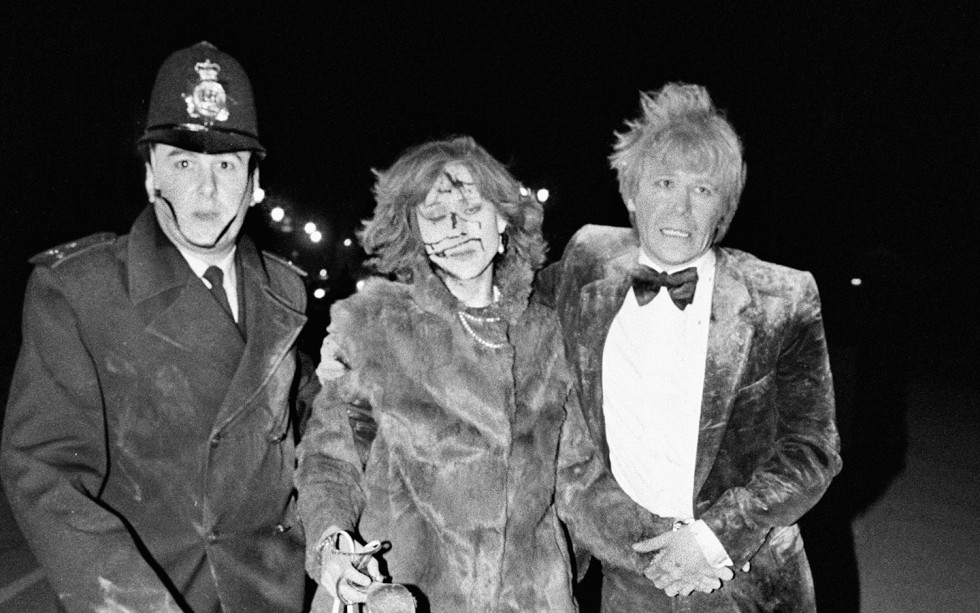The Science of Inclusivity
What it takes to create a classroom where everyone can thrive.
Read The Story
Talking about terrorism means talking about morality. In Professor of Political Science David Rowe’s course on international terrorism, students do more than learn about the history of various violent movements or the political and military strategies to combat them. From day one, Rowe invites students to take the uncomfortable step of confronting what they believe about life, death and the very values that undergird society.
“It actually requires a lot of trust in the classroom,” Rowe said. “I tell students, ‘I’m going to take you places where you probably don’t want to go.’ That’s where true learning comes from: struggling with a difficult concept and figuring out what you think about it.
“We say we want to see the world from multiple perspectives, and oftentimes we mean the perspective of people that we have empathy with in some way. But that also means, how do you understand people with whom you have no empathy, who are completely morally opposed to you? How do you understand them — the people that you hate, the people that hate you?”
Dismissing terrorists’ motivations immediately, no matter how reprehensible they may seem, “short-circuits understanding,” Rowe said. “The minute I dismiss you, I also have eliminated my ability to really understand you. … If we just say that they’re immoral, we just leave all those other interesting and actually really important questions unaddressed.”
Now in its 20th year, the course continues to be popular, even though students’ relationships with terrorism have changed over time. Most notably, this year’s cohort will have no firsthand memory of 9/11. And while the course has never focused solely on terrorism in one region, spurred by one cause or connected to one religion, Rowe has kept the content fresh, recently adding a unit on white supremacist and right-wing movements, which have grown in the past decade in both the U.S. and Europe.
Tackling such weighty subject matter is not easy, but Rowe believes it is essential. “Part of the liberal arts is to help students become better citizens,” he said. “These are the most fundamental questions you can ask about any political system: What values lie at the heart of this system? Are they worth protecting with violence? How do you confront people with different sets of values? These are some of the hardest choices we face. And I would be derelict in my duties as a professor of political science if I weren’t willing to help students grapple with them.”
What it takes to create a classroom where everyone can thrive.
Read The StoryHow a marketer and trail-runner broke into an untapped market, scaled up and started over.
Read The StoryA writer visits the site of Jubilee College in Peoria, Illinois, and finds the spirit of Kenyon’s founder is…
Read The Story